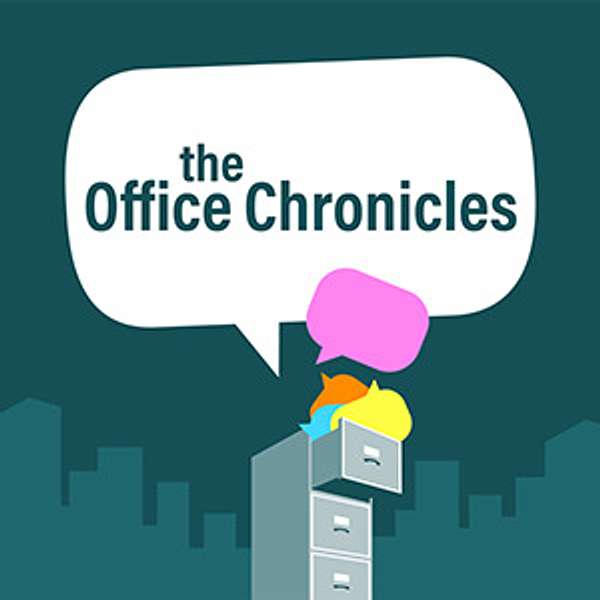
The Office Chronicles
The Office Chronicles
Creating Spaces of Trust To Enable Immersion At Work with Rachel Botsman (Space Matters, ep.3)
Summary
Expert author Rachel Botsman joins Kursty to discuss the relationship between trust and space. They talk about how significant it is for organisations to empower individuals to have a rhythm of work that sends them into immersion mode, why getting through to-do lists shouldn’t be the most prized priority in the workplace, and what negative capability is.
Rachel is the author of Who Can You Trust and the host of the Rethink Podcast. Throughout her career, she has delivered three TED talks and written two critically acclaimed books. She is the first Trust Fellow at Oxford University. Her book What’s Mine Is Yours predicted the rise of the ‘sharing economy', coining the phrase ‘collaborative consumption'.
“What you give attention to is the shape of your life” - Rachel Botsman
Support the show
Timestamps
[00:18] Who is Rachel Botsman (and episode overview)?
[03:54] The rhythm of unconventional work: finding immersion and working in 5-year cycles
[07:39] Resisting distractions and staying the course in your line of work.
[08:44] The relationship between trust and digital and physical space.
[15:22] Fake backgrounds in virtual meetings: is it inauthentic?
[16:44] What does it mean to trust yourself (and what is negative capability)?
[21:50] Three aspects of building negative capability in yourself and your organisations.
[27:01] How busy people make time for people (how Rachel does it).
[30:33] Rachel’s process for reading, reflecting, and capturing information.
[34:33] Why time blocking doesn’t work (managing competing priorities and creating space).
[37:23] Procrastination vs. avoidance (why we avoid work).
[40:44] What Rachel is working on currently.
[44:37] Rachel’s rituals when public speaking or podcasting.
4 Key Takeaways
- Technology has made the world noisier. It has become harder to resist distractions. People need to be empowered to change the rhythm of their work to allow for immersion.
- Trust is a space and an energy. It is a confident relationship with the unknown. When you have trust, you place your confidence in the unknown. Space design reflects the culture of trust in that space.
- No creativity happens in the known; the known is the opposite of invention. Great minds can hold space in themselves; they don’t need to know the end result before they begin. Negative capability in the workplace is rare.
- Timeframes, language, and work rhythms can reinforce or kill negative capability in individuals and organisations.
Rachel Botsman’s Books:
What's Mine Is Yours
Rachel Botsman’s Ted Talks:
We've stopped trusting institutions and started trusting strangers
The currency of the new economy is trust
The case for collaborative consumption
Follow The Office Chronicles Linkedin page for more information, to share an idea for an episode or start a conversation around any f the topics covered in the show.